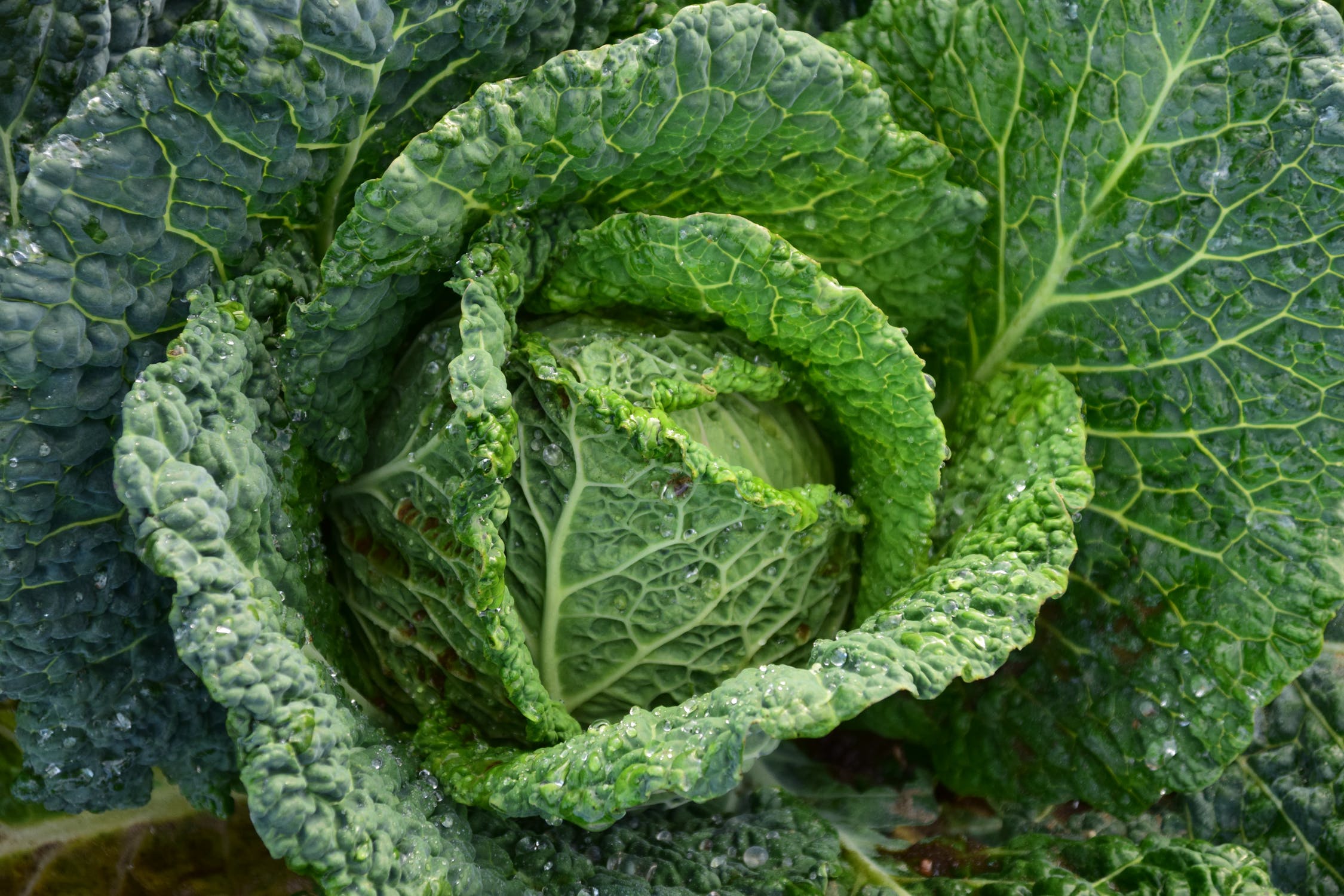
A vitamin that will help you get pregnant, stay pregnant and avoid pregnancy complications? Sounds too good to be true. But there is good evidence linking folate and fertility, decreased risk of miscarriage and pregnancy complications. This is why folate is the MVP of prenatal vitamins and why you should start taking it right away.
Folate and Fertility
What Is Folate?
Folate is a B vitamin, also known as B9. It is an essential nutrient for your body. It is needed to make DNA, for cell division and for methylation, changing the activity of genes and activating various reactions in the body.
There is very strong evidence that supports the use of folate supplementation in early pregnancy for preventing neural tube defects. You can read more about neural tube defects as well as food sources of folate in our Folate 101 post.
Folate and Fertility
Research suggests that as many as 75% of fertilised eggs fail to implant in the lining of the uterus so are never recognised as pregnancies. It’s thought that higher intake of supplemental folate may help to prevent both failed fertilisation and implantation failure. In turn, this would increase the chances of you getting your BFP.
So what’s the evidence for this? Well, a large prospective cohort study found that folate supplementation lead to a significantly shorter time to pregnancy in women trying to conceive naturally.
Another prospective cohort study in assisted reproductive technology this time, found that higher intake of supplemental folate was associated with higher rates of both implantation and live birth.

Other Benefits of Folate Supplementation
As well as helping with successful conception, it seems folate has other benefits too. One very large study, with over 1.5 million women, found that folic acid supplementation three months before pregnancy was associated with a significantly lower risk of low birth weight, miscarriage, stillbirth, and neonatal mortality than in women who did not take folic acid before pregnancy.
The Nurses Health Study found that higher pre-pregnancy folate intake from supplements was significantly associated with a lower risk for gestational diabetes mellitus (GDM). GDM is associated with various pregnancy complications as well as an increased risk of diabetes for the mother.
Recently, a large case-control study found that maternal exposure to folic acid and multivitamin supplements before and during pregnancy is associated with a reduced risk of Autism Spectrum Disorder in the offspring compared with the offspring of mothers without such exposure.
Protection Against Toxins
Emerging evidence is suggesting folate also has a role in protecting us from environmental toxins. One study suggested that high dose folate seems to help mitigate the negative effects of BPA exposure. (Look out for a post on BPA and other environmental toxins soon!)
In a US study population, maternal lead exposure was associated with higher risk of the child being overweight or obese, but adequate maternal folate status appeared to mitigate such risks.
Studies have also suggested that folate intake might protect against the health effects associated with air pollution exposure.
So while it’s clear that folate and fertility are closely linked, taking folate in the preconception period also seems to have a range of other benefits for both you and bub. To get the most of these benefits it’s important to start taking folate before you get pregnant, the earlier the better!
If you’re not sure what type of folate supplement you should be taking, you can read about folate vs folic acid here.
back to top
Foodbaby WAS FOUNDED on Kulin Nation land. We acknowledge the Wurundjeri people, Indigenous Australians, who are the Traditional Custodians of this land. We pay our respects to all Aboriginal and Torres Strait Islander Peoples and their Elders past, present and emerging.
Fertility dietitian, cycles nerd, lover of food and squishy newborn baby cuddles. I help people get pregnant (fast) and have the healthiest pregnancies possible.
Hey, I'm Ami
@foodbabyfertility